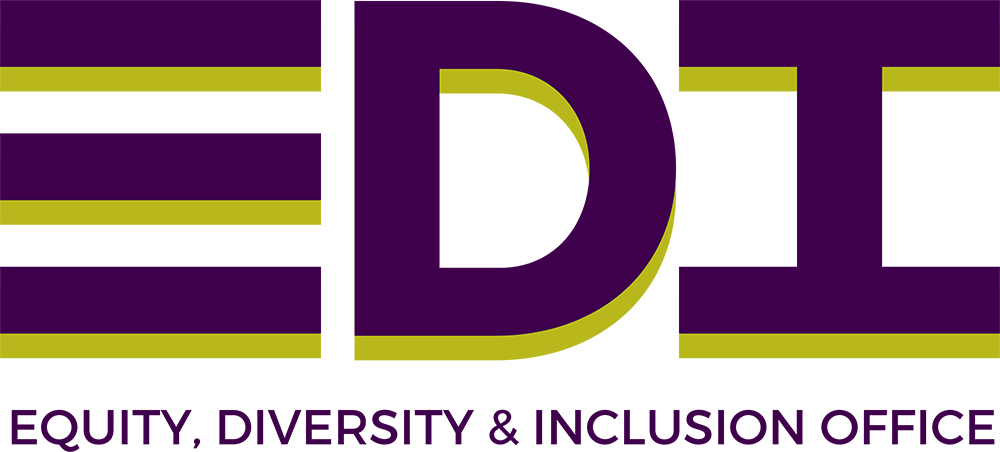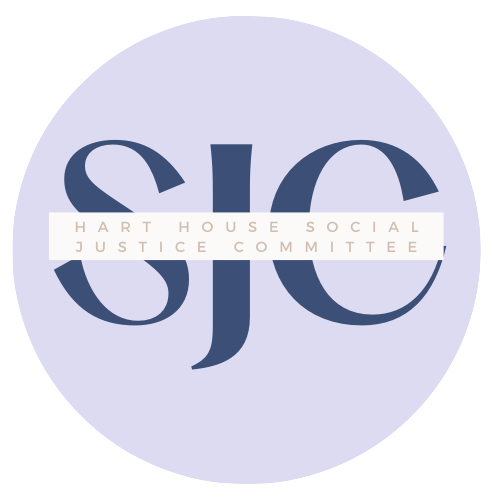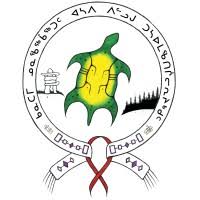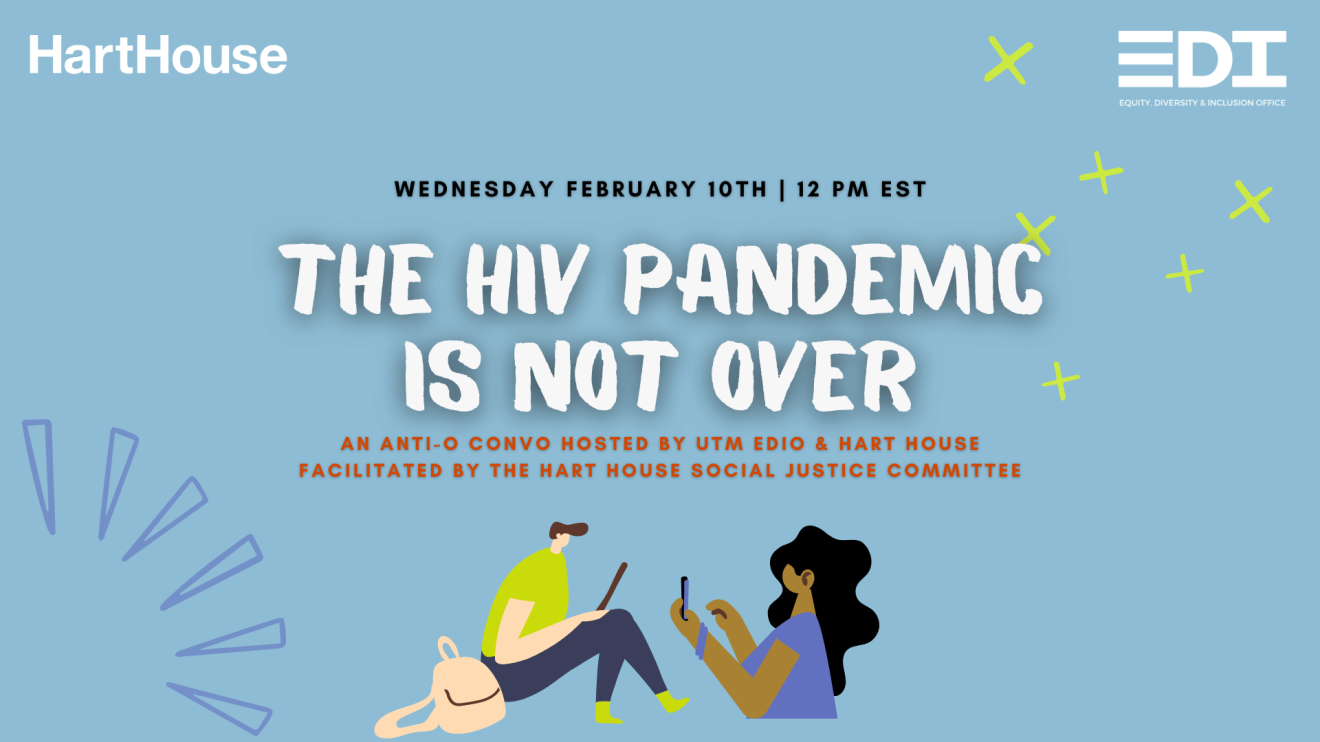
Real people, relevant and engaging conversations. Becoming comfortable with being uncomfortable
For This Session
An important realization brought to many with the ongoing Covid-19 pandemic, is the disparities in our healthcare systems and the effect that social determinants of health have on marginalized communities' abilities to protect themselves from the virus. Many of the same systematic disparities and misinformation at work in creating these harms during Covid-19, have been relevant to the discussion of HIV/AIDS for decades, though they have often been overlooked.
This session will draw connections between the HIV/AIDS response and the response to Covid-19 as each has affected Indigenous communities and individuals. Hart House Social Justice Committee will be collaborating on this event with Canadian Aboriginal AIDS Network (CAAN), an Indigenous-led organization working to provide current and correct information on HIV/AIDS to Indigenous communities. Such a conversation, following CAAN's lead, will focus on social determinants of health and the harms caused by stigma and misinformation.
This discussion will focus on solutions and the work that Indigenous-led organizations, like CAAN, have been doing to combat these harms.
Overview
UTM Equity, Diversity, & Inclusion Office (EDIO) in partnership with Hart House co-presents Anti-O Convos: Hot Topics Series for Winter 2021.
The purpose of Anti-O Convos (short for, Anti-Oppression Conversations) is to create braver spaces to engage in conversations that explore current events and popular trends in social media, while unmasking misconceptions about various groups/communities/people.
Anti-O Convos aims to normalize conversations around anti-oppression in a respectful way, encouraging participants to share their perspectives and ideas, going beyond the surface level approach. Our hope through this initiative is to bridge current gaps between our diverse communities through dialogues of understanding and respect, and to create more inclusive and sustainable learning environments for students and the broader community.
Each session will include a different speaker, perspective and topic led by students, staff, faculty and/or community members. Look out for upcoming sessions by following @utmedo @harthouseuoft.
Guest speaker
-
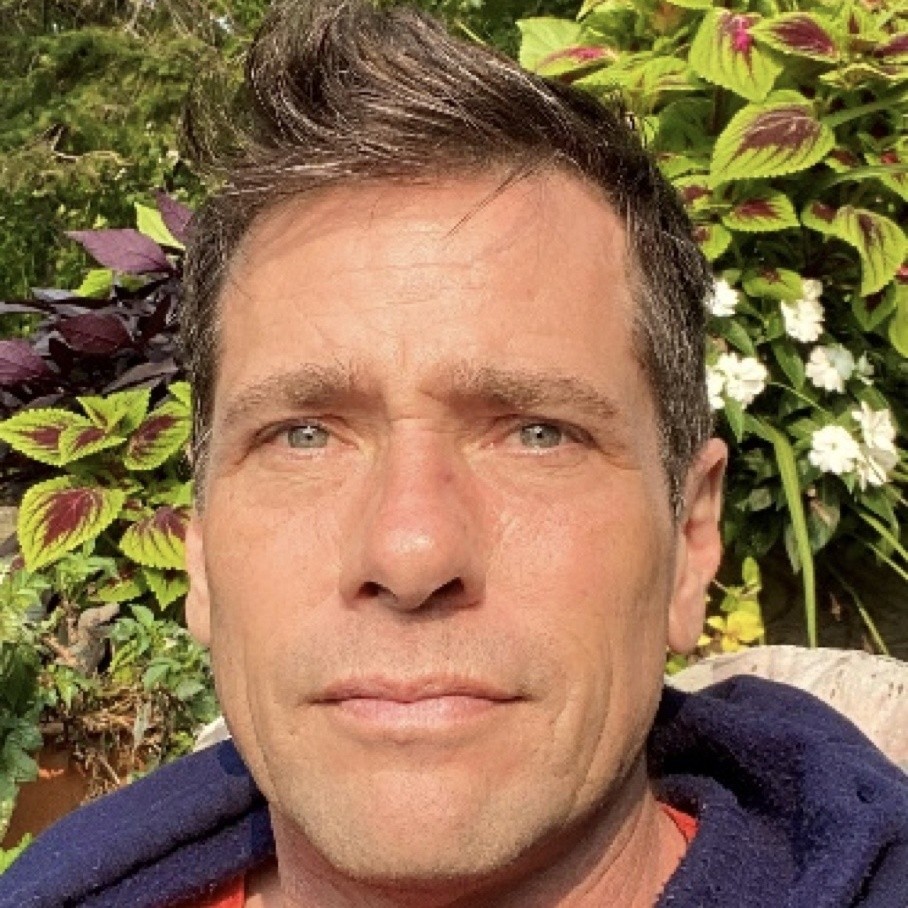
Trevor Statton
Trevor Statton is a member of the Mississaugas of the New Credit First Nation. He is of Ojibwe and English heritage and has been a leader within the HIV community in Canada and around the world since being diagnosed with HIV in 1990. Trevor is the Coordinator for the International Indigenous Working Group on HIV & AIDS (IIWGHA) for its host organization, the Canadian Aboriginal AIDS Network (CAAN), board member of the Global Network of People living with HIV (GNP+), President of the board of 2-Spirited People of the First Nations in Toronto, and one of the 2 North American delegates in the NGO Delegation on the Programme Coordinating Board (PCB) of the Joint United Nations Programme on HIV and AIDS (UNAIDS).
-
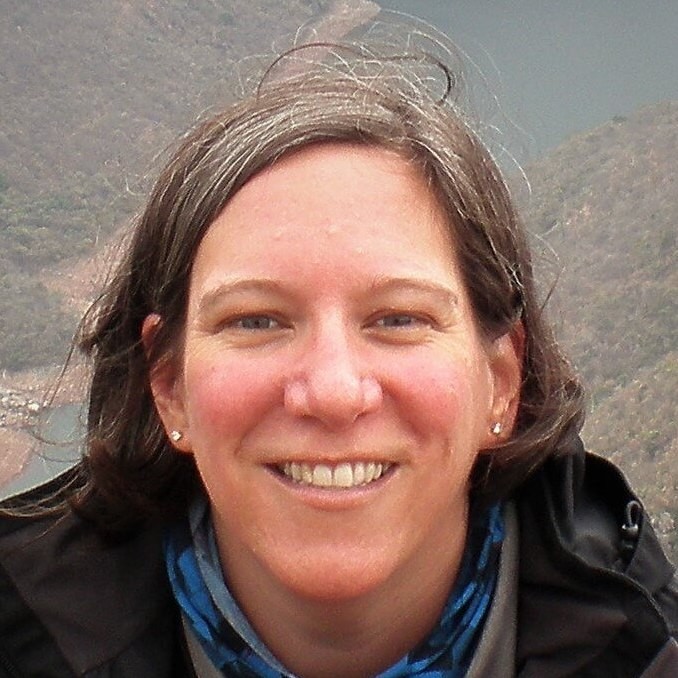
Renée Masching
Renée identifies as a First Nation woman who is also Irish decent and was adopted as an infant and raised in a Western and Eastern European decent family. Professionally Renée’s energies are dedicated to Indigenous health research. Renée earned degrees at McMaster University finishing Bachelors of Arts and Social Work in 1995 and a Master in Social Work in 2003 with a research award from CIHR.
Her formal involvement regarding HIV/AIDS and related issues began in 1995 and she is honoured to contribute with dedication and determination. Renée’s research interests focus on community-based research frameworks, Indigenous knowledges and community health with an emphasis on STBBI. Presently, she is the Director of Research with the Canadian Aboriginal AIDS Network and lives with her husband, sons and pets by the ocean in Mi’kmaq Territory on the East Coast of Canada.
-
Doris Peltier
Doris Peltier is a Anishinaabe woman dedicating her work to advocating for the wellbeing of Indigenous women living with HIV/AIDS. Currently, Doris Peltier works with the Canadian Aboriginal AIDS Network (CAAN) as the National Coordinator for Visioning Health II, a 5-year intervention research study for HIV-positive Indigenous women in Canada. She is also the Community Engagement Coordinator with the FEAST Centre for Indigenous STBBI Research at McMaster University, the Community Advisory Council member with the Waakenbiness-Bryce Institute for Indigenous Health at the Dalla Lana School of Public Health, Women Living with HIV Advisor Group with World Health Organization (WHO); Aboriginal at-large board member with CATIE, and recently joined the board of Prisoners with HIV and AIDS Support Action Network (PASAN).
-
Jasmine Cotnam
Research Associate at Women, ART, and the Criminalization of HIV (WATCH)
